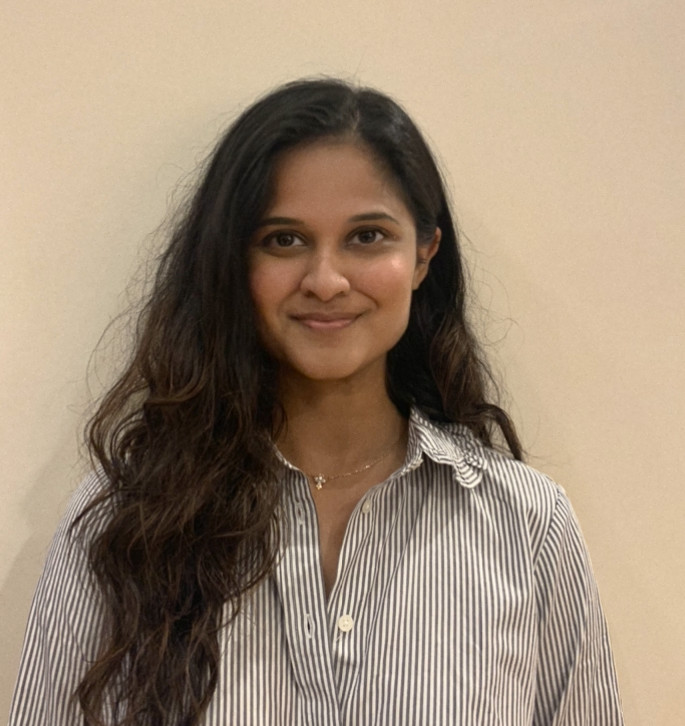INDS B.S Neuroscience

Spring 2019 Capstone
Evaluating the Effects of Personally-Meaningful Music on Mood and Behavior in Older Adults with Dementia
My INDS Degree
Chemistry, biology, psychology, and aging studies are all disciplines I plan on taking from to formulate my unique degree plan in Neuroscience, and specifically, geriatric neuroscience. The integration of these academic fields will allow me to bridge the gap between basic research and clinical medicine and in turn, prepare me for a career revolved around translational gerontology.
Post Graduation Plans
After graduating from UMBC, I would like to enter into a post-baccalaureate program before applying for M.D./Ph.D programs. During this post-bac, I will be able to further develop my research skills and strengthen my application. Some possible post-bac options include positions in either the Translational Gerontology branch at the NIA or the Clinical Neuroscience branch at the NIH. After this, I would like to enter into an M.D./Ph.D program as aforementioned, in which I can finish graduate school and medical school. During my time in an M.D./Ph.D program, I would like my academic endeavors to concentrate on neuroscience and neurology as my long-term goal is to become a practicing neuroscientist and neurologist.
In the event that I am unable to pursue medical school, I would still pursue graduate school for a degree in neuroscience as I would still have the credentials to apply. For example, Baylor College of Medicine’s PhD program in Neuroscience is a great fit.
Courses In My Degree Plan
✅ Biology and Chemistry: Acquire a foundational understanding of human biology and chemistry in order to be well versed with the physiological basis of various neurodegenerative and neurological disorders and pathology. (BIO 302, 303, 351, 430, 451, 490 / CHEM 351, 352)
✅ Psychology and The Mind: Evaluate the psychological bases of neurological conditions. (PSYC 285, 335, 370, 385, 390)
✅ Healthcare and The Aging: Gain a greater understanding of the bases of health-care interventions for the elderly and ensure successful aging trajectories in older adults along the long-term care continuum. (AGNG 320, 321 / HAPP 340 / SOWK 371, 372)
✅ Individualized Study: Comprehend interdisciplinary methodology and learn how related disciplines conduct research to develop strategies to bridge the communication gap across academic fields. (INDS 330H, 335, 399, 480, 490H)